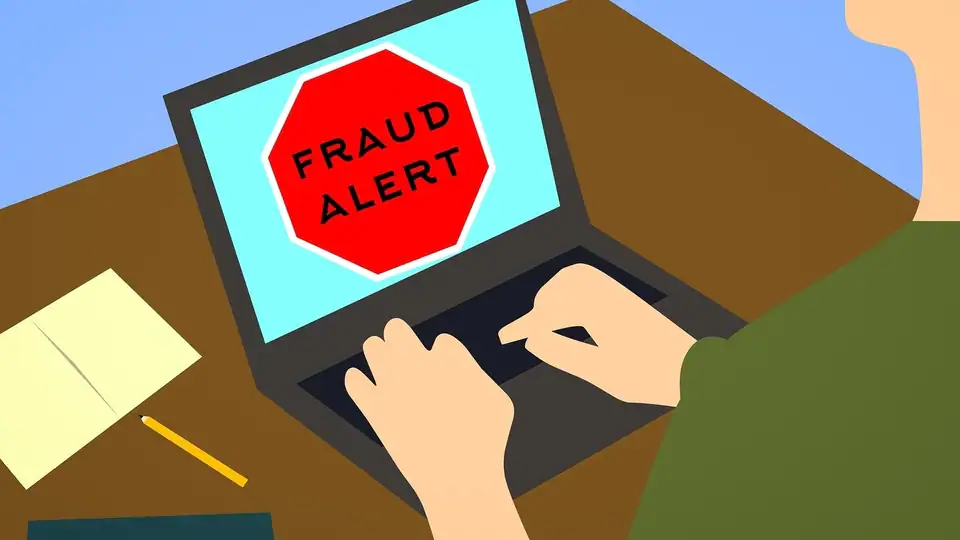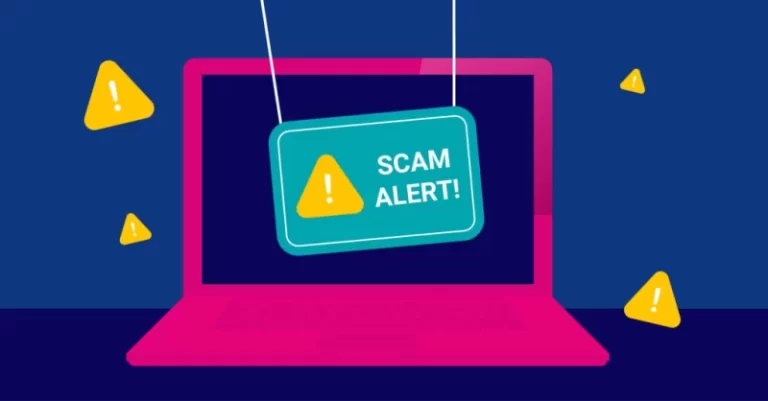
us9514961195221 – Scam Fake Text Messages: Protecting Yourself Online
In today’s digital age, scam fake text messages have become a prevalent threat. Cybercriminals are constantly devising new and sophisticated methods to deceive individuals and steal their personal information or money. In this comprehensive guide, we will explore us9514961195221 – Scam fake text messages, their tactics, and most importantly, how to protect yourself from falling victim to these scams.
Introduction
In the interconnected world we live in, staying vigilant against online threats is crucial. One such threat is us9514961195221 – Scam fake text messages. These messages often appear legitimate and can trick even the most cautious individuals. However, by understanding how these scams work and taking preventive measures, you can protect yourself and your loved ones from falling prey to cybercriminals.
Understanding Scam Fake Text Messages
Scam fake text messages are fraudulent messages sent to individuals with the intention of deceiving them. These messages typically impersonate reputable organizations or government agencies, making them appear trustworthy. They often contain enticing offers, urgent warnings, or requests for personal information.
How Scammers Operate
Scammers use various tactics to manipulate their victims. They exploit psychological triggers, such as fear or curiosity, to prompt immediate action. By doing so, they aim to steal sensitive information or coerce individuals into making financial transactions.
Common Types of Scam Fake Text Messages
- Phishing Messages: These messages trick recipients into revealing personal information like passwords or credit card numbers.
- Prize Scams: Scammers claim recipients have won a prize but require payment or personal details to claim it.
- Fake Government Alerts: Messages pretending to be from government agencies demand immediate action or payment.
- Charity Scams: Scammers pose as charitable organizations, soliciting donations that never reach those in need.
Recognizing Red Flags
Identifying scam fake text messages can be challenging, but there are common red flags to watch for:
- Spelling and grammar errors
- Urgent requests for personal information or payment
- Unfamiliar sender numbers or addresses
- Too-good-to-be-true offers
Protecting Yourself Online
To safeguard yourself from scam fake text messages:
- Verify: Always verify the sender’s identity before responding or clicking on any links.
- Stay Informed: Keep up with the latest scams and fraud alerts.
- Use Security Software: Install reputable security software on your devices.
Reporting Scam Text Messages
If you receive a suspicious text message, report it to your mobile carrier and relevant authorities. This helps prevent others from falling victim to the same scam.
Educating Others
Spread awareness about scam fake text messages to protect friends and family. Education is a powerful tool against cybercriminals.
Real-Life Scenarios
Let’s look at some real-life scenarios where individuals encountered scam fake text messages and how they handled them.
Preventing Scam Text Messages
Prevention is key. Learn how to proactively protect yourself from falling victim to scam fake text messages.
What to Do If You Fall Victim
If you’ve been scammed, it’s essential to act quickly. Here’s a step-by-step guide on what to do if you fall victim to a scam fake text message.
FAQs About Scam Fake Text Messages
Q 1: How can I verify if a text message is a scam?
A: Check for red flags such as spelling errors, unsolicited requests for personal information, or suspicious sender details.
Q 2: Are all unsolicited text messages scams?
A: Not necessarily, but exercise caution with any unexpected messages and verify their legitimacy.
Q 3: Can scammers spoof the sender’s identity?
A: Yes, scammers can manipulate sender information to appear as someone else.
Q 4: What should I do if I’ve already shared personal information with a scammer?
A: Contact your bank or relevant institutions immediately to secure your accounts.
Q 5: Are there government resources to report scam text messages?
A: Yes, you can report scam text messages to government agencies responsible for consumer protection.
Q 6: How can I help elderly family members avoid scam text messages?
A: Educate them about common scams and encourage open communication about any suspicious messages they receive.
Conclusion
Protecting yourself from us9514961195221 – Scam fake text messages is an essential aspect of staying safe online. By recognizing red flags, staying informed, and taking preventive measures, you can reduce the risk of falling victim to these scams. Remember, education and vigilance are your best defenses in the digital world.

